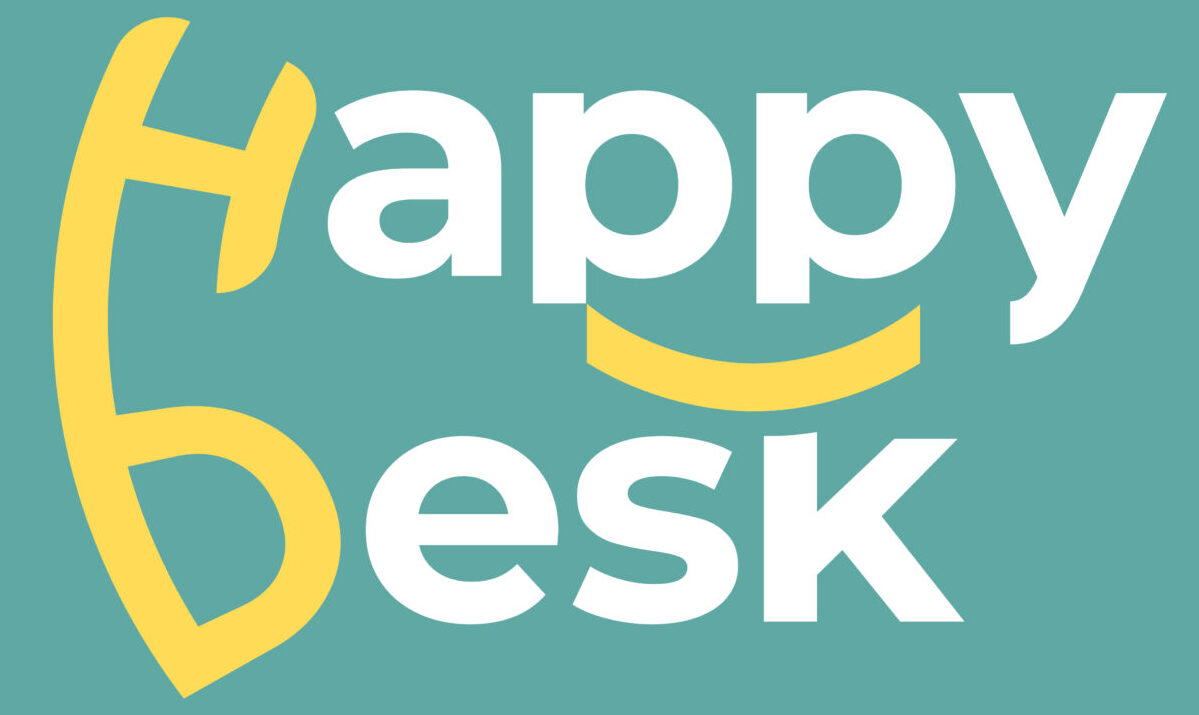No-shows and last-minute cancellations are frustrating for any therapist. Not only do they disrupt your schedule, but they also negatively impact your practice’s revenue and client outcomes. However, there are effective strategies you can implement to reduce no-shows and cancellations, keeping your schedule on track and your clients committed to their treatment plans.
This blog will walk you through actionable steps to minimize missed appointments and keep your practice running smoothly.
1. Improve Communication with Appointment Reminders
Clients often miss appointments simply because they forget. A simple and effective way to prevent this is by sending appointment reminders. Automating this process with text messages, emails, or phone calls ensures your clients are reminded in a timely manner.
- Text Message Reminders: Many people find it convenient to receive reminders via text. You can automate this through your practice management software, which can send a reminder 24-48 hours before the scheduled session.
- Email Reminders: Some clients may prefer email reminders that provide a detailed overview of the appointment and any pre-session instructions.
- Phone Calls: For clients who aren’t as tech-savvy or who respond better to personal communication, phone call reminders are effective.
These reminders not only jog clients’ memories but also give them a chance to reschedule ahead of time if they realize they can’t make it.
2. Implement a Clear Cancellation Policy
Having a clear and firm cancellation policy in place can deter clients from canceling at the last minute. Your policy should be discussed during the intake process and emphasized in the appointment confirmation emails and reminders.
- Set a Reasonable Notice Period: A common practice is requiring 24-48 hours’ notice for cancellations. This gives you enough time to potentially fill the slot with another client.
- Charge a Cancellation Fee: Implementing a fee for late cancellations or no-shows encourages clients to commit to their appointments. If they’re aware they could be charged for missing a session, they’re more likely to stick to their schedule or reschedule in advance.
- Flexible Rescheduling: While the policy should be firm, it should also allow for emergencies or unexpected situations. Offering flexible rescheduling options within your policy can help clients feel understood while keeping your schedule intact.
Clearly communicating this policy—and consistently enforcing it—ensures that clients respect your time.
3. Make Scheduling Easy and Accessible
Your clients are busy, and sometimes the hassle of scheduling an appointment can lead to missed or canceled sessions. By making scheduling easy and accessible, you reduce friction in the process.
- Online Scheduling: Allow clients to book, confirm, and reschedule their appointments online. This gives them the flexibility to manage their schedule without having to call during office hours.
- Virtual Receptionist Services: A virtual receptionist can take calls, handle rescheduling, and follow up with clients who missed their appointments. They can also confirm appointments proactively, giving clients an extra reminder while reducing your workload.
- Offer Flexible Hours: If possible, consider offering evening or weekend hours for clients with tight schedules. The more options they have, the less likely they are to cancel due to a scheduling conflict.
Making the scheduling process as easy as possible increases the likelihood that clients will follow through with their appointments.
4. Foster Client Accountability
Sometimes clients cancel because they aren’t fully invested in their treatment or don’t understand the importance of consistency. Fostering client accountability can help reduce cancellations.
- Discuss the Impact of Missed Appointments: During the first session, make sure your clients understand how missed appointments can disrupt their progress. This helps them see the value of showing up consistently.
- Create a Collaborative Treatment Plan: When clients feel they have a say in their treatment plan, they’re more likely to commit to appointments. Work together to develop a plan that fits both their therapeutic goals and their schedule. Take time to review progress and reinforce the importance of consistent attendance.
- Tailor Communication for Specific Clients: If you notice patterns of frequent cancellations with specific clients, consider tailoring your communication strategy for them. This might mean sending additional reminders or discussing their scheduling preferences more deeply to ensure their appointments align better with their availability. Addressing individual client needs can help reduce cancellations without overhauling your entire schedule.
Fostering accountability helps clients stay on track, reducing the likelihood of cancellations.
Happy Highlight
Reducing no-shows and cancellations in your mental health practice is achievable with the right strategies in place. By improving communication, enforcing a clear cancellation policy, and making scheduling more accessible, you can significantly minimize missed appointments. Fostering client accountability and tracking patterns also give you better control over your schedule, allowing your practice to run smoothly and efficiently.







